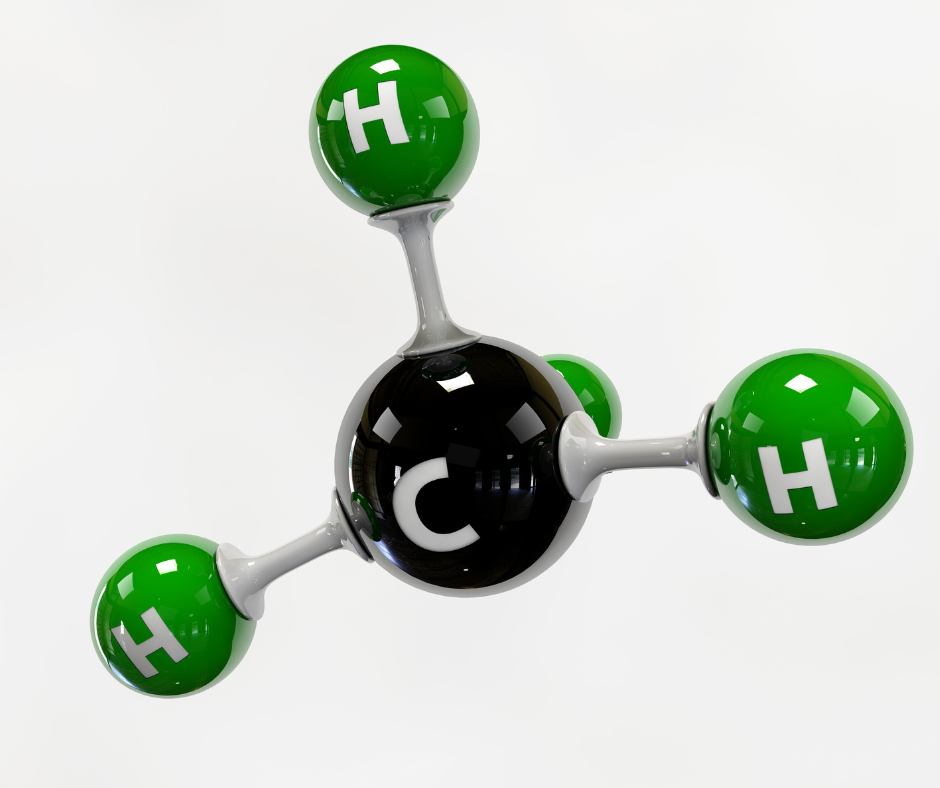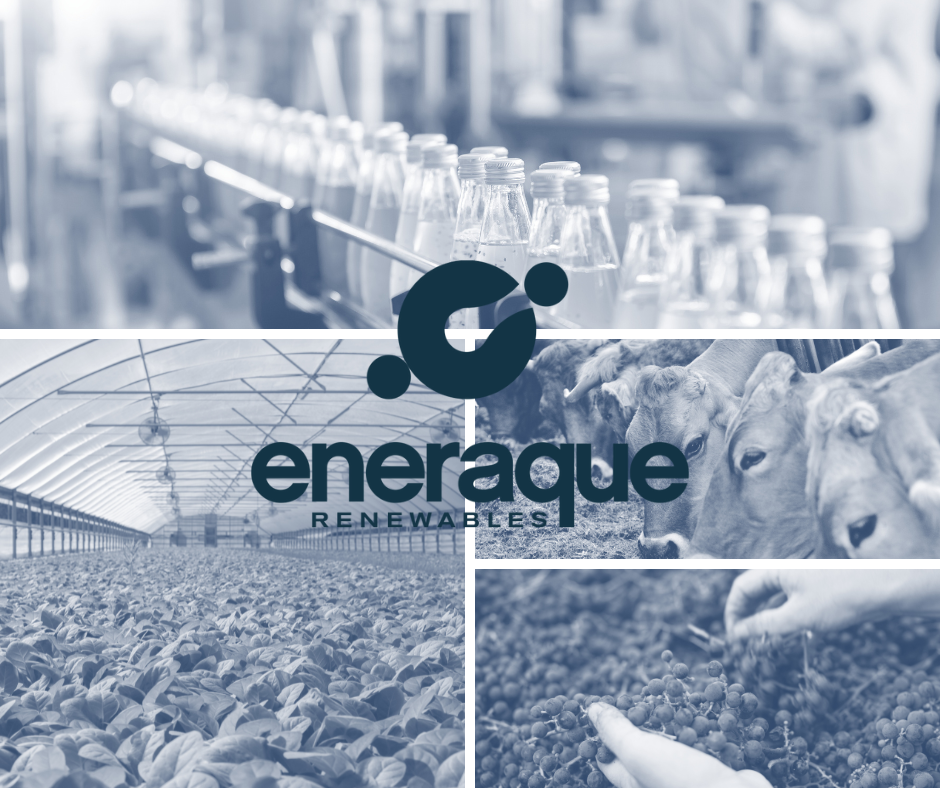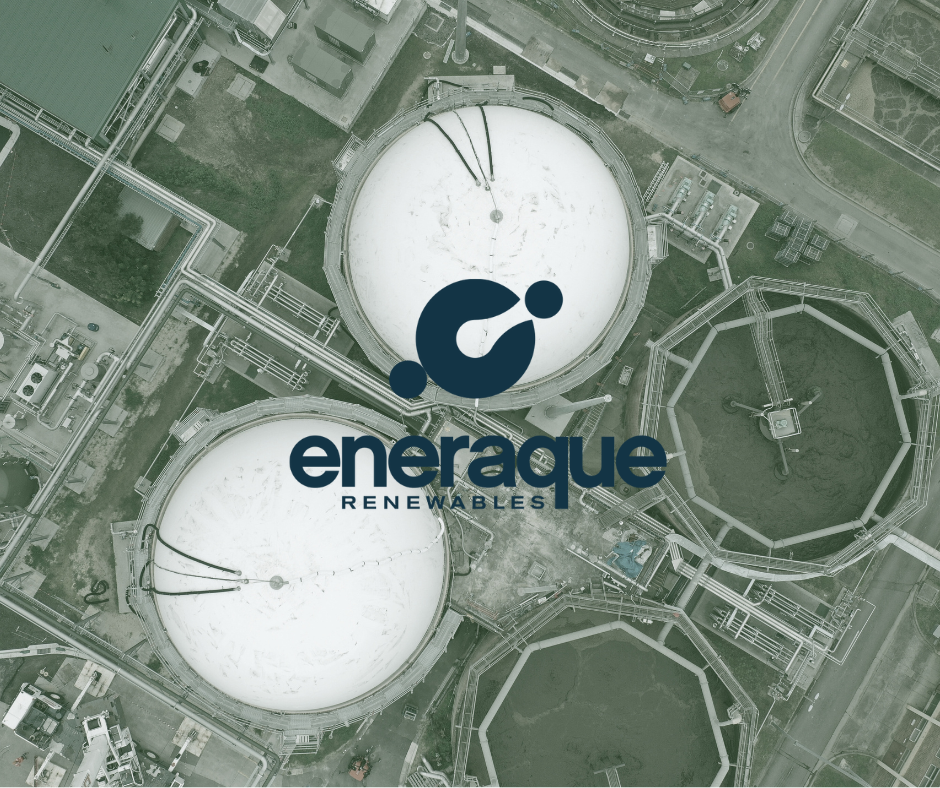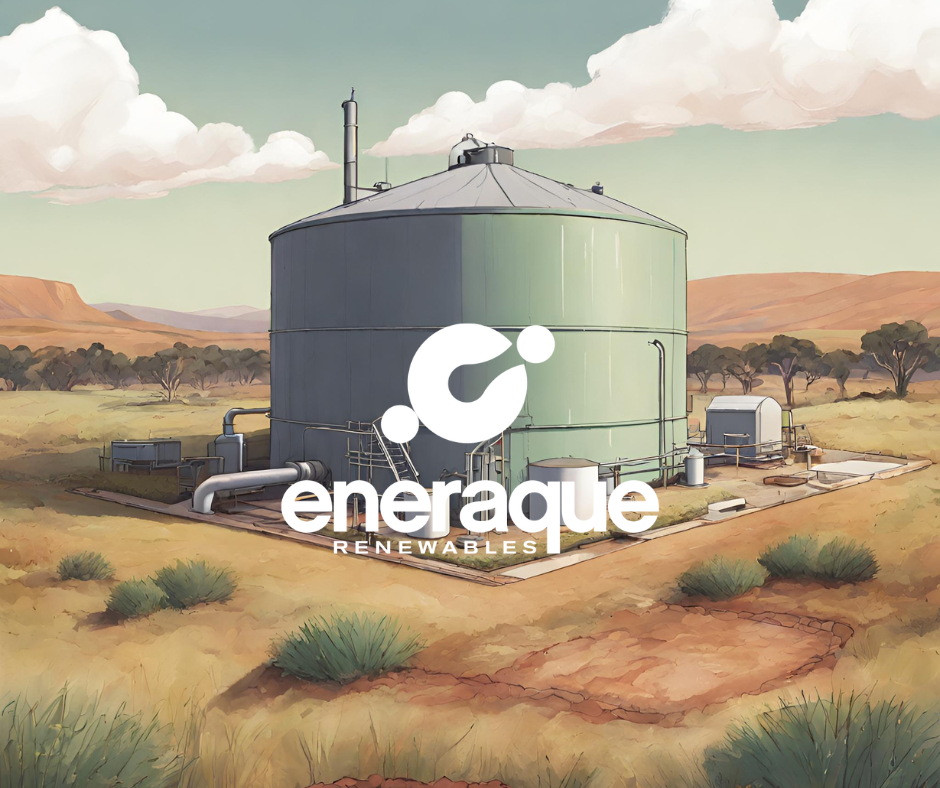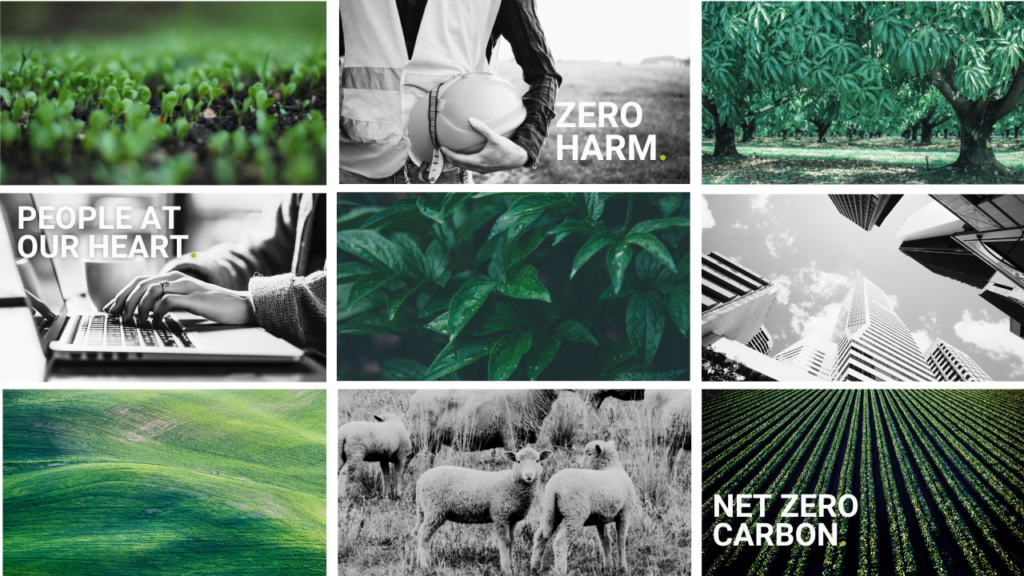Methane, though often overshadowed by carbon dioxide, is a potent greenhouse gas with a significant impact on our planet’s climate. While it doesn’t linger as long as CO2, methane is around 28 times more effective at trapping heat in the atmosphere over a 100-year period. Its sources vary from natural occurrences like wetlands and wildfires to human-driven activities such as livestock farming, landfills, and fossil fuel extraction.
The urgency to address methane emissions stems from its role in exacerbating global warming. As temperatures rise, it triggers feedback loops, releasing more methane from sources like thawing permafrost, further amplifying climate change. Consequently, reducing methane emissions becomes crucial in combating the climate crisis.
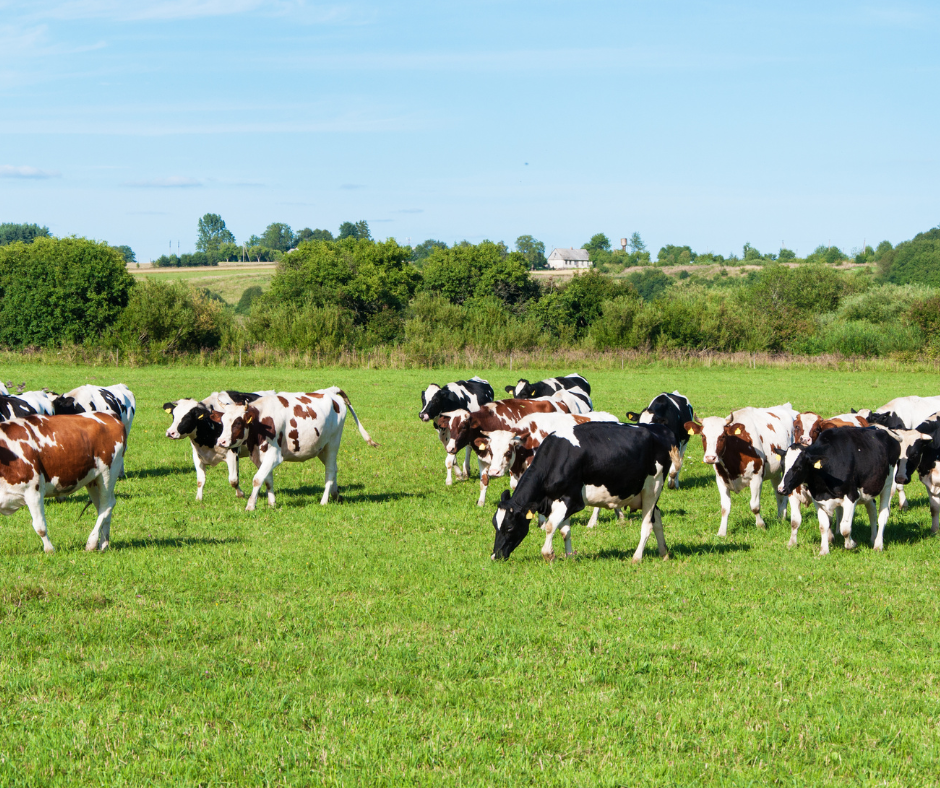
Livestock farming contributes significantly to methane emissions. However, famers are increasingly harnessing the power of biogas.
Decarbonisation, the process of reducing carbon emissions, holds paramount importance in mitigating climate change. It involves transitioning from fossil fuels to renewable energy sources, enhancing energy efficiency, and implementing sustainable practices across industries. This shift is imperative to limit global warming and its catastrophic consequences on ecosystems, weather patterns, and human livelihoods.
In Australia, we have has been making strides toward a Net Zero future. Recent policies aim to achieve this ambitious goal by 2050, (with a 43% reduction from 2005 emissions levels by 2030) recognising the need for aggressive action to combat climate change. Commitments to invest in renewable energy, foster innovation in clean technologies, and support sustainable practices in agriculture and industry underline Australia’s dedication to decarbonisation.
However, achieving Net Zero requires a holistic approach involving cooperation between governments, industries, and communities. Transitioning to cleaner energy sources, implementing stricter regulations on methane emissions, and fostering sustainable practices across sectors are critical steps in this journey.
Biogas holds significant promise in methane abatement by offering a renewable and sustainable alternative to traditional methane-emitting practices. Here’s how:
- Methane Capture: Biogas production involves capturing methane released during the decomposition of organic materials. By channeling this methane into biogas production, it prevents its release into the atmosphere, where it would otherwise contribute to greenhouse gas emissions.
- Waste Management: Biogas plants often utilise organic waste such as agricultural residue, food scraps, and manure as feedstock. By diverting these waste streams from landfills or open decomposition, biogas production mitigates methane emissions that would arise from the natural decay of these materials.
- Replacing Fossil Fuels: Biogas can serve as a renewable energy source, providing an alternative to fossil fuels like natural gas. When used for heating, electricity generation, or as a vehicle fuel, biogas displaces the use of non-renewable resources, reducing overall methane emissions associated with their extraction and consumption.
- Reducing Methane Leakage: Biogas systems often have lower methane leakage compared to natural gas extraction and distribution systems. Methane leakage during extraction, transportation, and storage of natural gas can be substantial, whereas biogas facilities can be more contained and controlled, minimising such losses.
- Circular Economy: Biogas production fosters a circular economy by using organic waste that would otherwise emit methane as a byproduct of decomposition. By closing the loop and converting this waste into energy, it not only reduces methane emissions but also contributes to a more sustainable resource cycle.
- Carbon Neutral Potential: When managed effectively, biogas production can be carbon neutral or even carbon negative. This means that the overall emissions from the process are offset by the carbon sequestration and reduced methane release, making it an environmentally beneficial energy source.
Biogas plays a crucial role in methane abatement by capturing methane emissions from organic waste and converting them into a renewable energy source, thereby mitigating the release of methane into the atmosphere and contributing to a more sustainable energy ecosystem.

